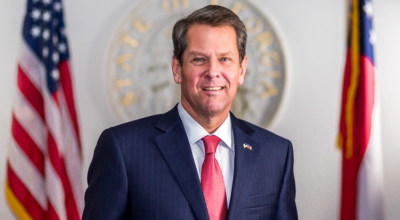Court files motion to protect gov’t witnesses in indicted deputies case
Published 9:44 pm Friday, August 29, 2014
The U.S. District Court filed a motion for a protective order Wednesday in the case involving Decatur County deputies Elizabeth Croley and Christopher Kines, former Grady County deputy Wiley Griffin, IV, and former Decatur County deputy Robert Umbach.
The motion asks for a protective order to be placed to guard government witnesses from harassment and to ensure the integrity of future proceedings.
“Such an order is necessary to prevent the harassment of government witnesses and to ensure the fairness of these proceedings in light of substantial media attention,” the court document reads.
“Prior to the grand jury’s indictment, and during the government’s investigation of the charged crimes, the government learned that a local official in Decatur County took steps to identify and reach out to potential government witnesses,” the document reads.
Because a Decatur County official, who is uninvolved in the case, has attempted to reach out to government witnesses, a protective order that prohibits the dissemination of case-related material will create a fair trial and “limit the risk of witness harassment,” the document reads.
A seven-count indictment was returned on July 9 to Croley, Kines, Griffin and Umbach, charging the four law enforcement officers with crimes “related to an alleged use of excessive force against a civilian at the 2012 Bainbridge BikeFest,” the document.
Since then, the Decatur County Board of Commissioners has made clear the county’s intention to provide legal counsel to Croley and Kines.
Griffin’s family has stated their intent to pay for his legal consel.
On Aug. 5, the four indicted deputies appeared before Magistrate Judge Thomas Q. Langstaff. All four were arraigned and pled not guilty.
Tuesday at the Decatur County Commission meeting, the Board of Commissioners unanimously voted to pass a resolution stating all Decatur County employees would be provided legal defense for actions “arising out of the performance of their duties or in any way connected therewith, whether based upon the negligence, violation of civil, constitutional, common law, or statutory rights whenever authorized by law.”




